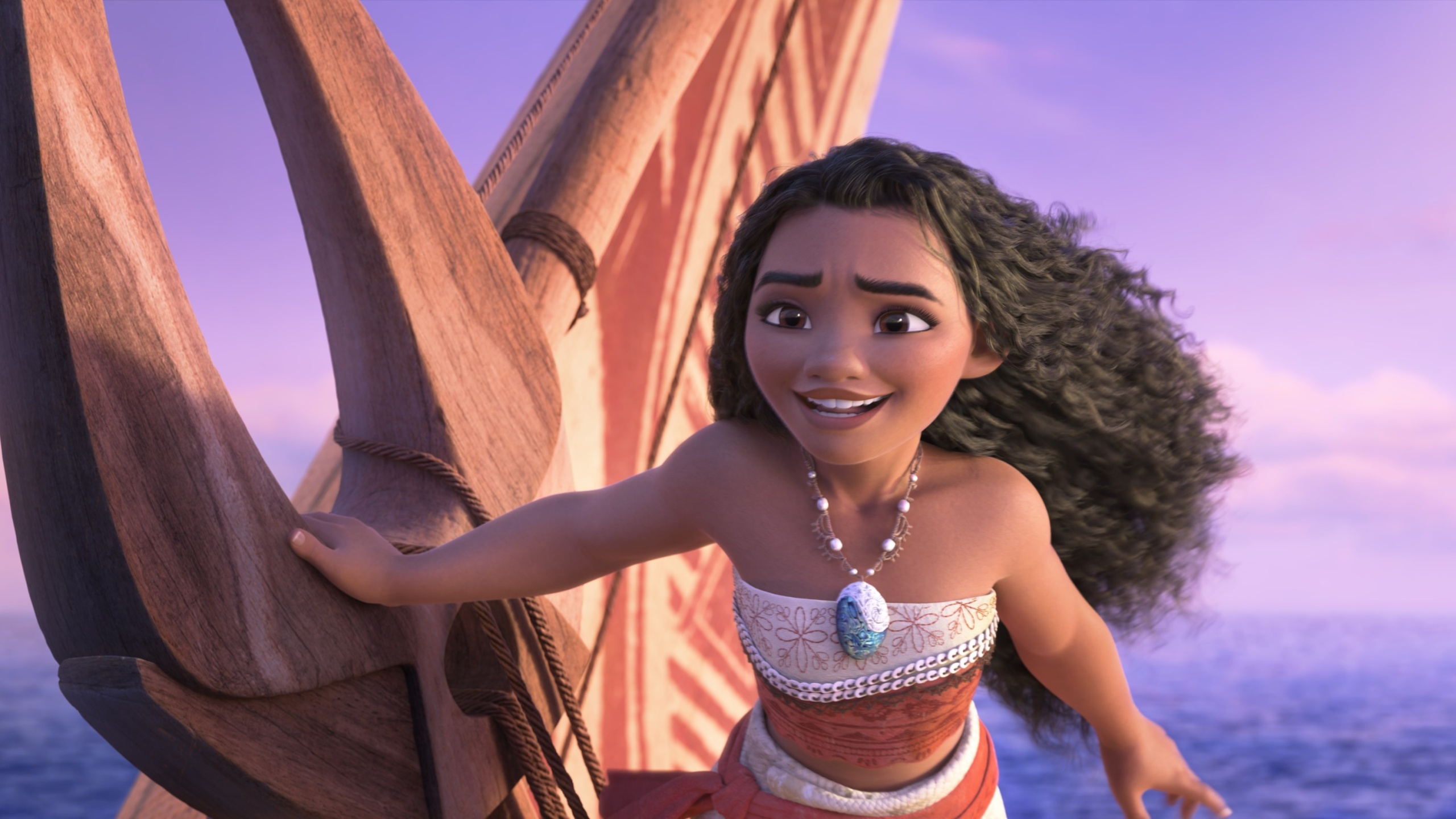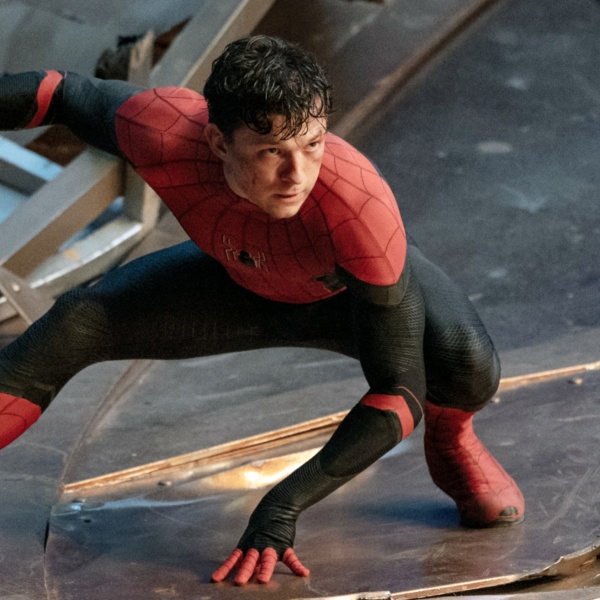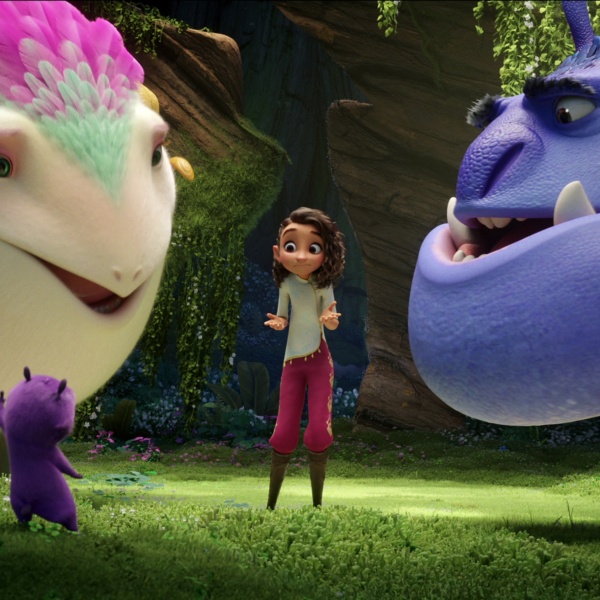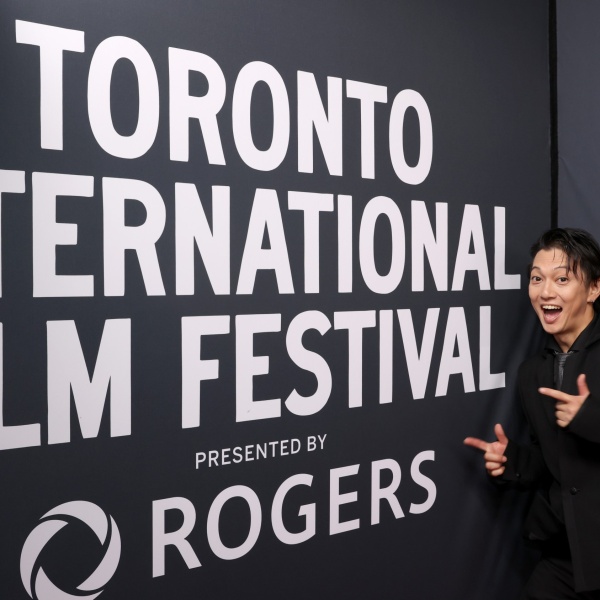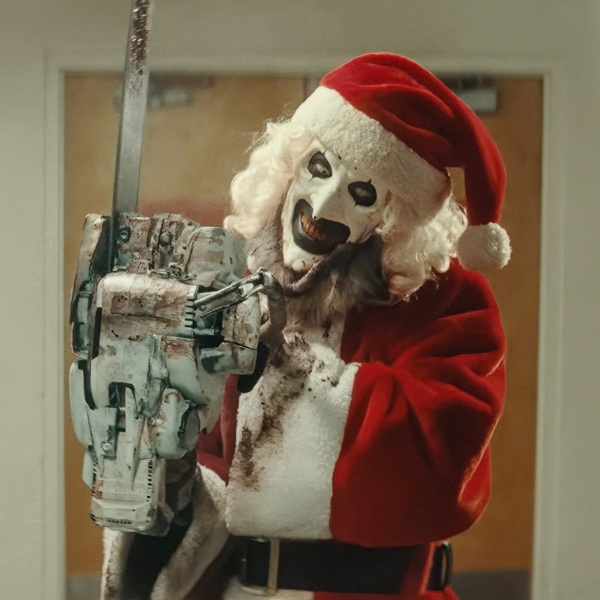With “Moana 2” (November 27), Disney Animation made the unprecedented move to expand its TV spinoff originally intended for Disney+ into a movie sequel. This made total sense, especially in light of “Moana” becoming the most popular animated movie on Disney+.
After studio executives viewed some promising early footage, they realized that they were selling the franchise short and that there was an opportunity for a potential blockbuster hit in 2024, which would make up for last year’s under-performing Disney centennial tribute, “Wish.”
“The premise is the same,” executive producer and new chief creative officer Jared Bush told IndieWire. “Moana receives this call from her ancestors for something very important that she doesn’t quite understand: being asked to head out beyond the seas farther than anywhere she’s ever been to ensure the future of her people. I’d say the only thing that we did was add way more epic-ness to that story.”
Indeed, the scope of the series cried out for the big screen. It began as a unique collaboration between Disney’s Burbank and Vancouver animation studios (the latter was set up for Disney+ projects). Story, visual development, direction, writing, and post-production were Burbank-based from the outset. Then, when production began ramping up even before it was officially a movie, the artists of Vancouver and Burbank started working together across such key departments as animation, lighting, VFX, and rendering.

“What was nice is that we were building the series in sequential order, which is atypical for our feature process,” added Bush (who scripted “Moana”). “But that also meant that we knew the first act of our movie really well. So that transition was a very easy one.”
The story picks up three years after “Moana,” with the titular teenage wayfinder (again voiced by Auliʻi Cravalho) going on a journey to find the mysterious island of Motufetu with a crew of inexperienced villagers and, of course, demigod Maui (Dwayne Johnson) and adorable sidekicks Hei-Hei, the dumb chicken, and her pig pal Pua.
Turns out that Motufetu, which once connected all of the Polynesian islands, is now guarded by Nalo, the envious Storm God. Moana’s mission, as her tribe’s new leader of land and sea, is to reunite the islands once again, but there’s more at stake for her because she has a little sister, Simea, to protect.
“Moana was trying to find herself in the first film,” Bush said. “She was torn between her love of her island and her desire to go out on the ocean. And she was told that that’s not possible. And, over the course of the first film, she was able to unify those things. Now she’s become a wayfinder and has found this unbelievable talent and skill with the help of Maui to connect all of the islands of the entire Pacific. And that means going farther than she’s ever gone before. That’s scary. And she feels like she has found this balance in her life. On top of that, she now has a 3-year-old sister who she loves deeply. It’s such an emotional anchor for the story.”

Newbie directors David Derrick and Jason Hand (both animation vets from “Moana”) were joined by showrunner Dana Ledoux Miller on the series. When they transitioned to the movie, however, Ledoux Miller was promoted to director and continued co-scripting with Bush (they are also co-scripting the live-action adaptation). They expanded the roles of Moana (whose animation reflects an older and more physically adept wayfinder) and Maui (who still has the 2D sentient tattoo, Mini Maui), while pulling back slightly on the crew, which was more prominent in the series. They consist of Loto, who designed and maintains the boat; Kele, an elder chef who prepares vegetables; and Moni, a young storyteller and fan of Maui.
Meanwhile, there are eight new songs: five from Abigail Barlow & Emily Bear (including the Oscar-submitted “Beyond” and “Can I Get a Chee Hoo?”) and three from Opetaia Foa‘i and Mark Mancina. Some of these existed for the series while others were part of the expansion.
“We were aiming to exceed the first film and build upon it in ways that deserve to be captured in IMAX,” Hand told IndieWire. “And this is about creating an entertaining, enjoyable ride for our audience.”
The early launch of the crew in the boat was an instance that needed greater scope for the movie. “It was beautiful, and we loved what we had there,” Derrick told IndieWire. “And then Dana came in and felt very strongly that we needed to expand that. And lead with an emotional chant. Because, story-wise, it wasn’t as emotionally grounded as it could have been, or culturally grounded.”

Culturally expanding the sequel was one of Ledoux Miller’s mandates. The Samoan-American understands the power of Pacific stories. “It was important to us that we showcase that Moana’s community is behind her now,” she told IndieWire. “And what better way to do that than to have them all gathered together, chanting, calling out to the ancestors for protection of her as she goes off on this new and epic journey? It just speaks to how she’s led her people in the present as she’s about to embark on an adventure that’s going to shape their future.”
The crew represents different generations, personalities, and skillsets. The fact that they haven’t worked together tests Moana’s new leadership role after being on her own for so long during the expeditions between the two movies.
“What I love about this film is everyone evolves and changes and grows because it speaks to who Moana is as a leader,” Ledoux Miller added. “But also to how open her crew becomes and how much she shapes them by taking them on this journey. And it was also important to us to show how that community and that connection can help her want to go further and farther than she had gone before.”
